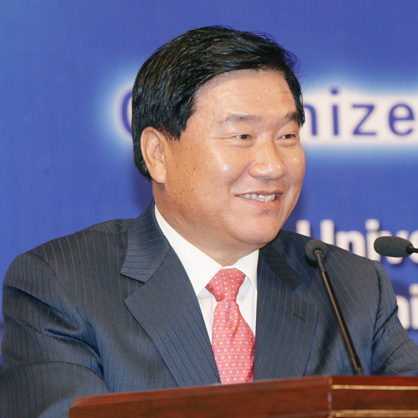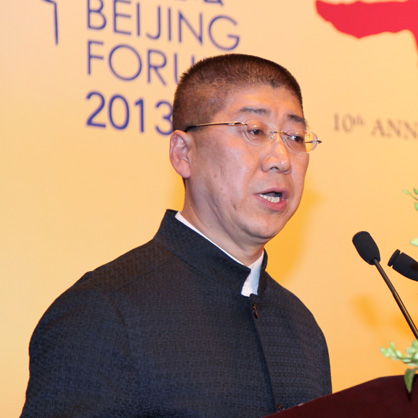A Brief Overview of the Beijing Forum
The Beijing Forum, an international academic event, is sponsored by the People's Government of Beijing Municipality and is overseen by the Ministry of Education of the People's Republic of China. The Beijing Forum is co-sponsored by Peking University, Beijing Municipal Education Commission, and the Chey Institute for Advanced Studies.
The theme chosen for the first Beijing Forum, “The Harmony of Civilizations and Prosperity for All,” has been retained as the overarching theme for each succeeding forum, which is a testament to the event's unwavering advocacy of harmony and prosperity for all members of the global community. The forum believes that the convergence of different civilizations in a peaceful environment has always been the fundamental driving force and guarantee for the progress of human society.
The Beijing Forum prides itself on being international, academic, and impactful. It has been held annually since 2004. To date, more than 7,000 distinguished dignitaries and scholars from around the world have convened in Beijing for the Forum, demonstrating its importance and significance.
-
1
Meetings
-
1 +
Participants
-
1 +
Panels
-
1 +
Countries/Regions
Forum News
SEE ALL-

Civilizational Coexistence in the Age of Digital Intelligence —— The Beijing Forum (2025) opened at the Diaoyutai State Guesthouse
-
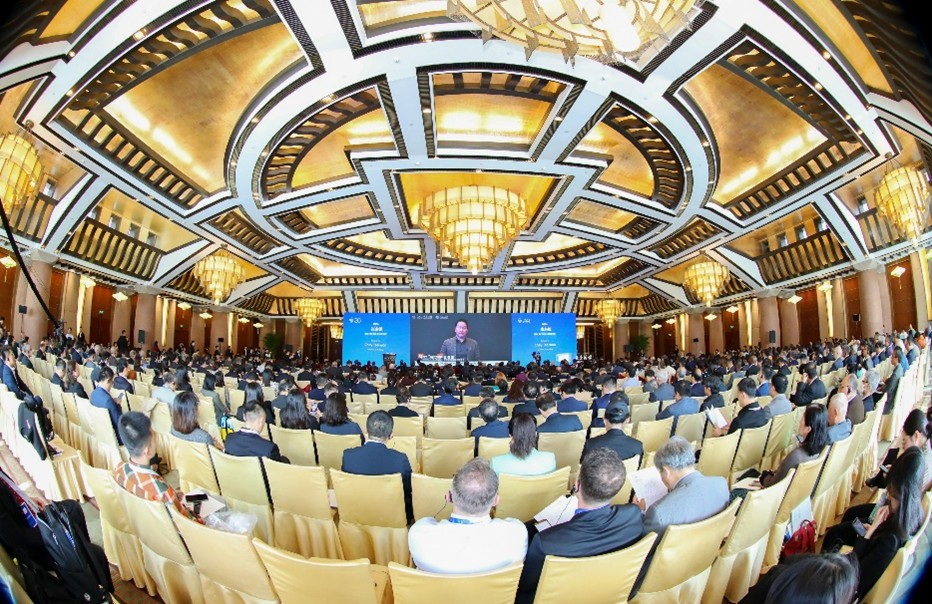
Inheritance and Mutual Learning –Beijing Forum 2023 opens
-
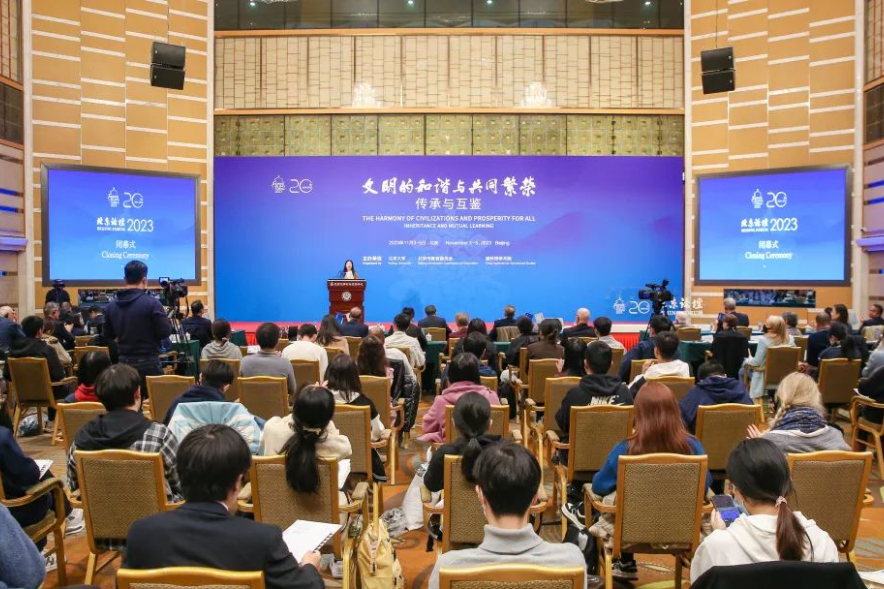
Closing Ceremony of Beijing Forum 2023 held at Peking University
-
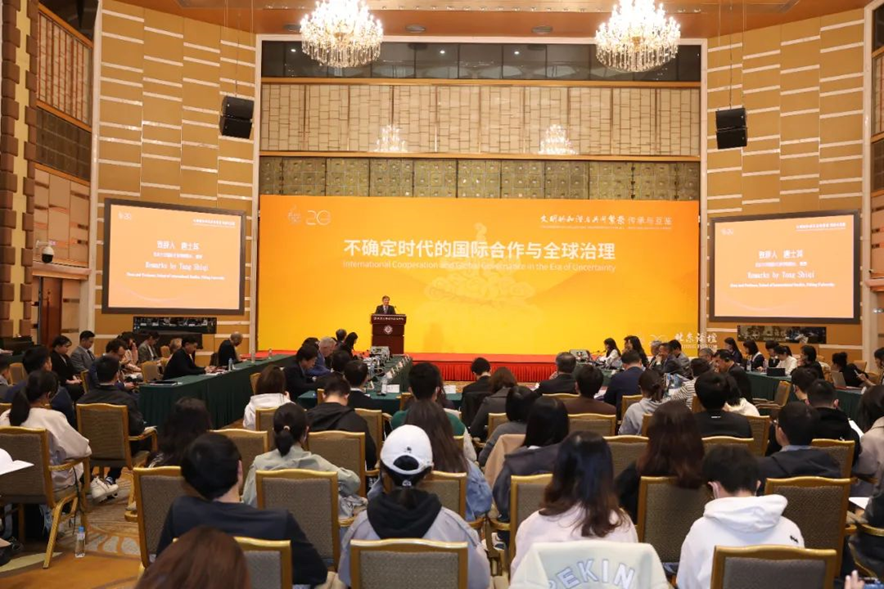
Beijing Forum 2023 Panel Session | Fostering trust in an era of uncertainty
Past Themes
SEE ALLThe Harmony of Civilizations and Prosperity for All: Annual Topics
-
BEIJING FORUM 2025
ThemeCivilizational Coexistence in the Age of Digital Intelligence
-
BEIJING FORUM 2024
ThemeThe Era of Innovation and Advancement of Mankind
-
BEIJING FORUM 2023
ThemeInheritance and Mutual Learning
-
BEIJING FORUM 2022
ThemeCreating a Future for Human Civilization: Trust, Dialogue and Cooperation
-
BEIJING FORUM 2021
ThemeRising to Meet New Challenges: One World, One Future
-
BEIJING FORUM 2020
ThemeGlobalization Under the Impact of the Pandemic: New Challenges and Opportunities
-
BEIJING FORUM 2019
ThemeThe Changing World and the Future of Humankind
-
BEIJING FORUM 2018
ThemeChanges and Constants: Universities and Civilizations during the Past 120 Years
-
BEIJING FORUM 2017
ThemeValues and Order in a Changing World
-
BEIJING FORUM 2016
ThemeMutual Trust, Cooperation, Sharing
-
BEIJING FORUM 2015
ThemeDifferent Paths with Common Responsibilities
-
BEIJING FORUM 2014
ThemeChina and the World: Tradition, Reality and Future
-
BEIJING FORUM 2013
ThemeRetrospect and Prospect
-
BEIJING FORUM 2012
ThemeChallenges and Opportunities: New Thinking in New Reality
-
BEIJING FORUM 2011
ThemeTradition and Modernity, Transition and Transformation
-
BEIJING FORUM 2010
ThemeCommitments and Responsibilities for a Better World
-
BEIJING FORUM 2009
ThemeLooking Beyond the Crisis to a Harmonious Future
-
BEIJING FORUM 2008
ThemeThe Universal Value and the Development Trend of Civilization
-
BEIJING FORUM 2007
ThemeDiversity in the Development of Human Civilization
-
BEIJING FORUM 2006
ThemeReflection on the Civilization Modes of Humankind
-
BEIJING FORUM 2005
ThemeAsia’s Opportunities and Development in Globalization
-
BEIJING FORUM 2004
ThemeThe Harmony of Civilizations and Prosperity for All
- 2025
- 2024
- 2023
- 2022
- 2021
- 2020
- 2019
- 2018
- 2017
- 2016
- 2015
- 2014
- 2013
- 2012
- 2011
- 2010
- 2009
- 2008
- 2007
- 2006
- 2005
- 2004
PARTICIPANTS AND
DISTINGUISHED GUESTS
- DISTINGUISHED SPEAKERS
- EMINENT SCHOLARS
-
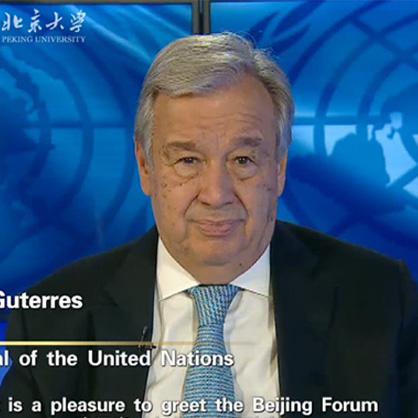
António Guterres
Secretary-General of the United Nations
-
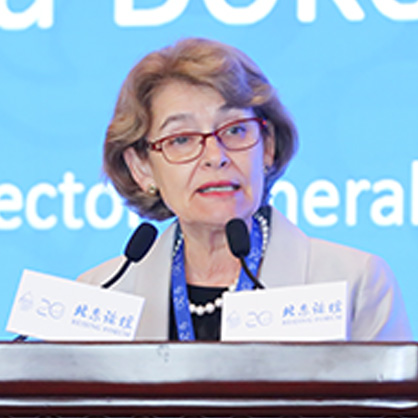
Irina Bokova
Former Director-General of the United Nations Educational, Scientific and Cultural Organization
-
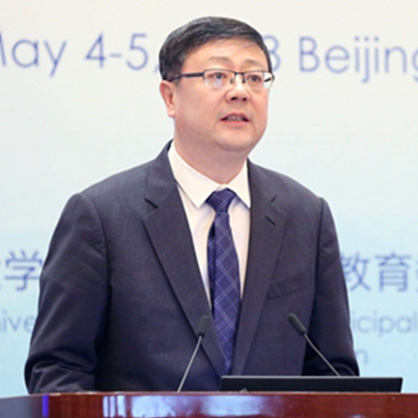
Chen Jining
Member of the Political Bureau of the CPC Central Committee; Secretary of the CPC Shanghai Municipal Committee
-
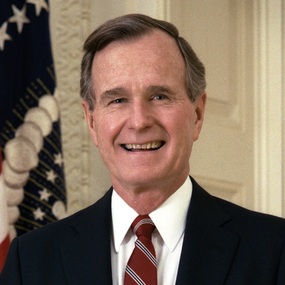
George H. W. Bush
Former President of the United States
-
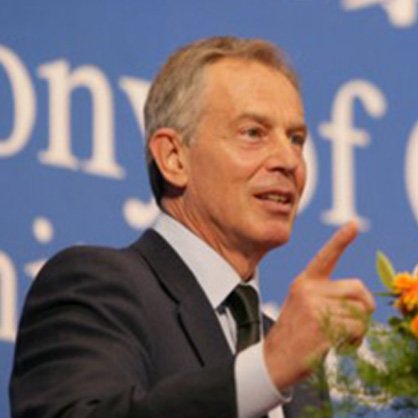
Tony Blair
Former Prime Minister of the United Kingdom
-
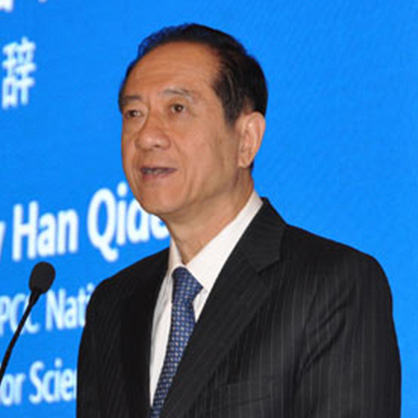
Han Qide
Vice Chairperson of the 12th CPPCC National Committee
-
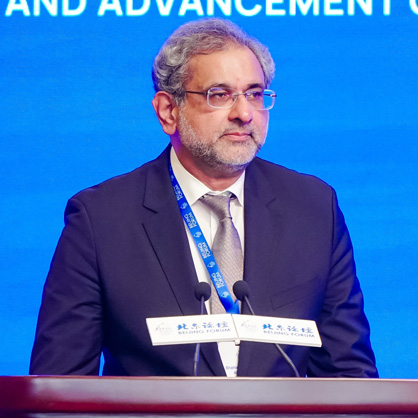
Shahid Khaqan Abbasi
Former Prime Minister of Pakistan
-
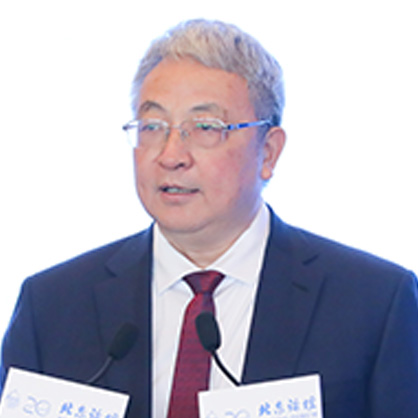
Wang Guangqian
Vice Chairperson of the 14th CPPCC National Committee; Executive Vice-Chairperson of the CDL Central Committee
-
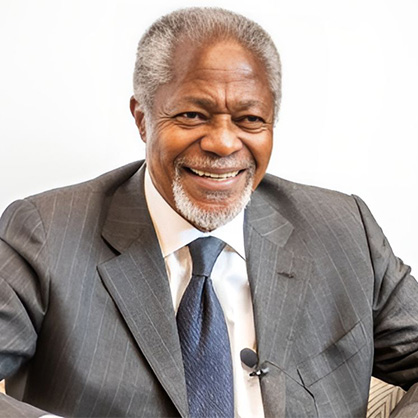
Kofi A. Annan
Former Secretary-General of the United Nations
-
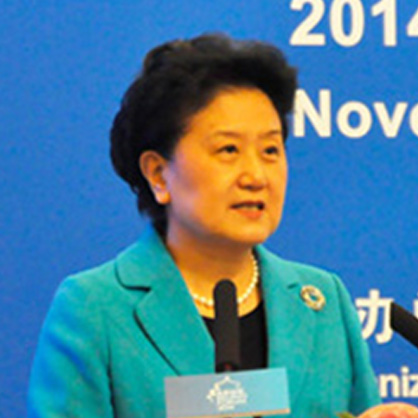
Liu Yandong
Former Vice Premier, China
-
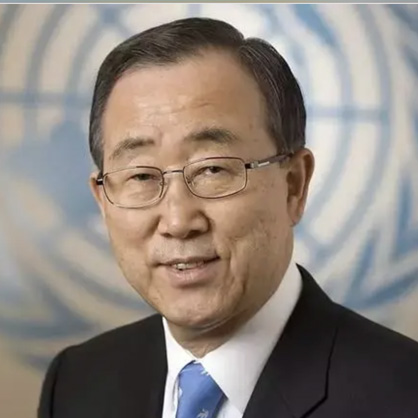
Ban Ki-moon
Former Secretary-General of the United Nations
-
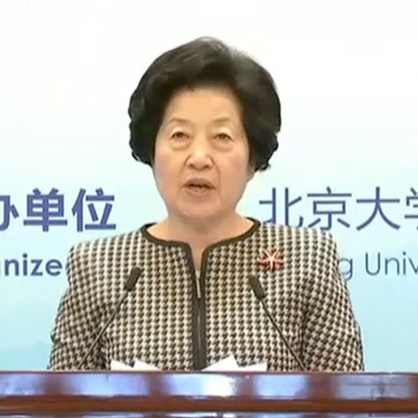
Sun Chunlan
President of International Confucian Association; Former Vice Premier, China
-
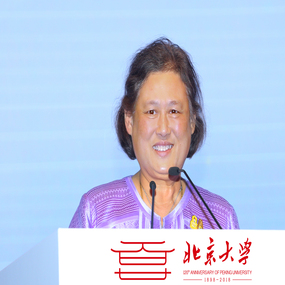
Maha Chakri Sirindhorn
Princess of Thailand
-
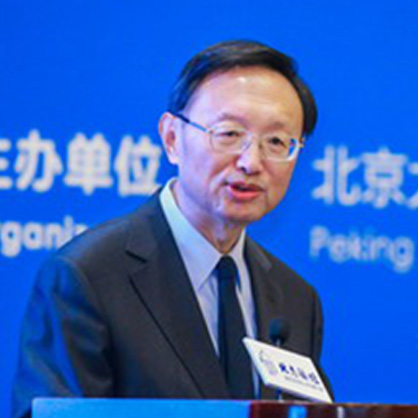
Yang Jiechi
Former Director of the Office of the Central Leading Group for Foreign Affairs, China
-

Romano Prodi
Former Prime Minister of Italy; Former President of the European Commission
-
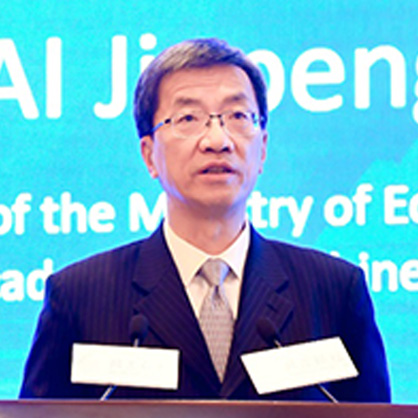
Huai Jinpeng
Minister of Education, China
-
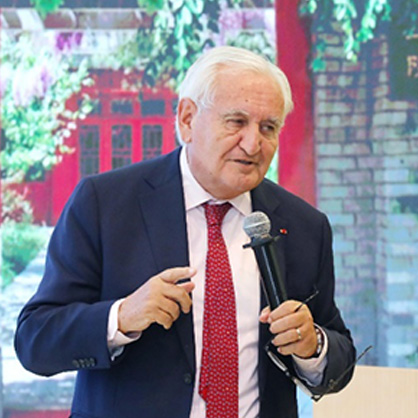
Jean-Pierre Raffarin
Former Prime Minister of France
-
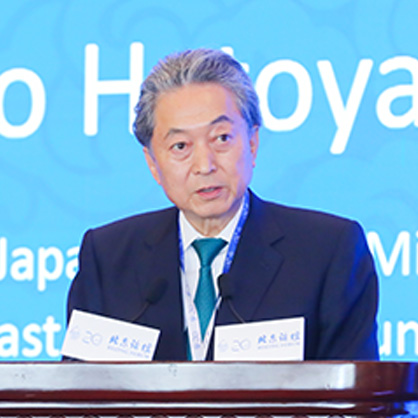
Yukio Hatoyama
Former Prime Minister of Japan
-
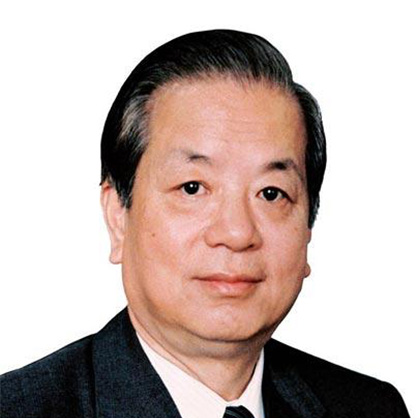
Qian Qichen
Former Vice Premier, China
-
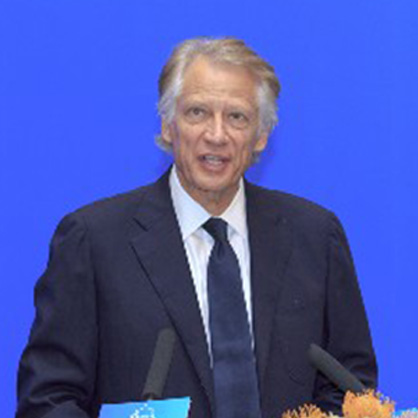
Dominique de Villepin
Former Prime Minister of France
-
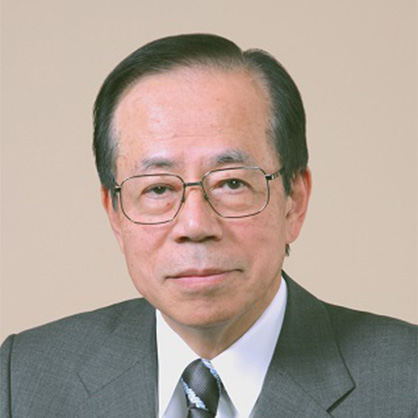
Fukuda Yasuo
Former Prime Minister of Japan
-

Xu Jialu
Vice Chairman of the 9th and 10th Standing Committee of the NPC
-
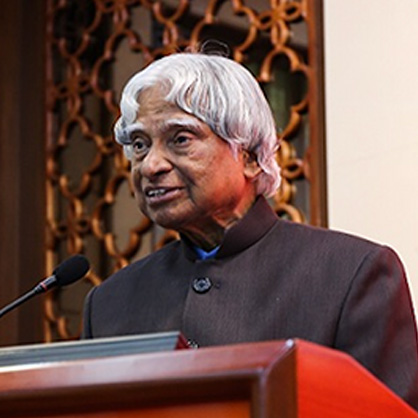
A.P.J. Abdul Kalam
Former President of India
-
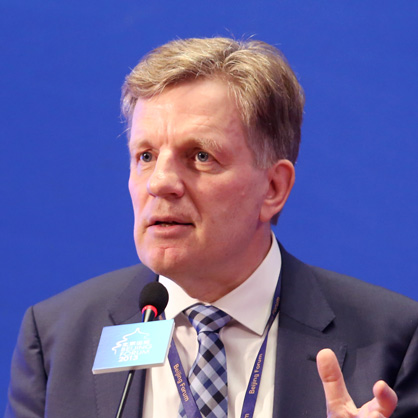
Esko Aho
Former Prime Minister of Finland
-
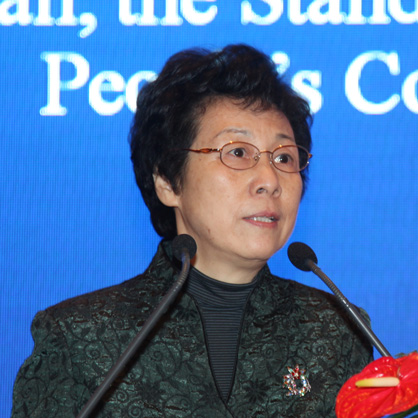
Yan Junqi
Vice Chairman of the 11th and 12th Standing Committee of NPC
-
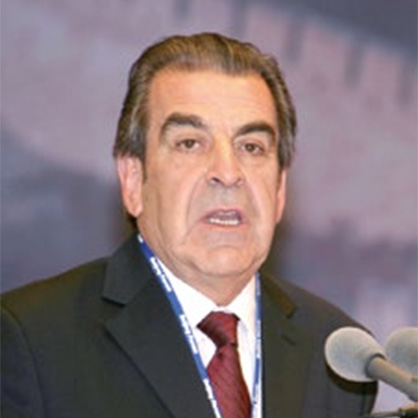
Eduardo Frei Ruiz-Tagle
Former President of Chile
-
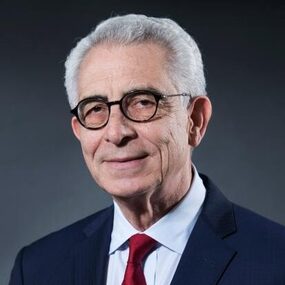
Ernesto Zedillo
Former President of Mexico
-
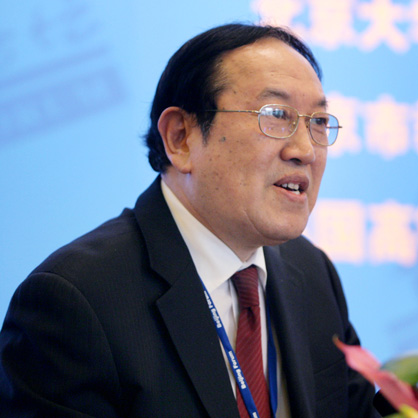
Jiang Shusheng
Vice Chairman of the 11th Standing Committee of NPC
-
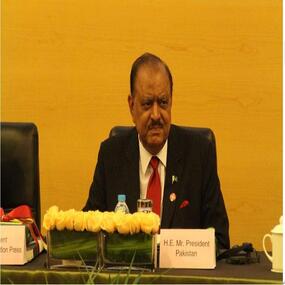
Mamnoon Hussain
Former President of Pakistan
-
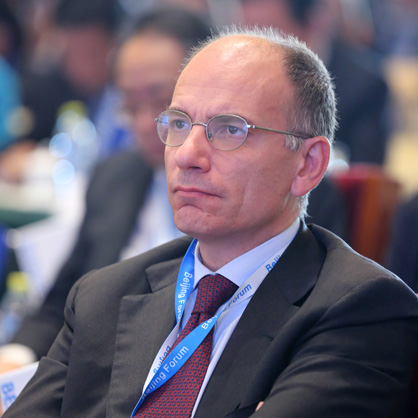
Enrico Letta
Former Prime Minister of Italy
-
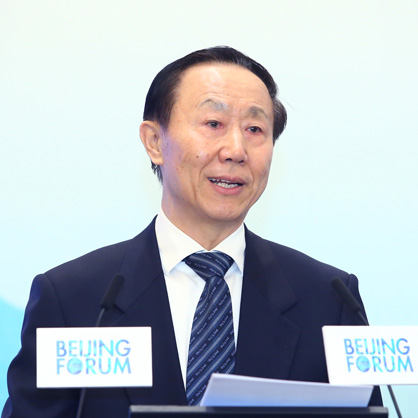
Wang Jiarui
Vice Chairperson of the 12th CPPCC National Committee
-
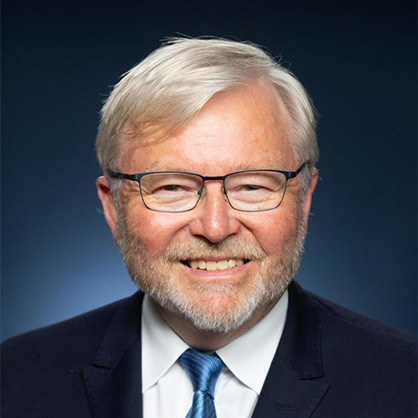
Kevin Michael Rudd
Former Prime Minister of Australia, Ambassador of Australia to the United States
-
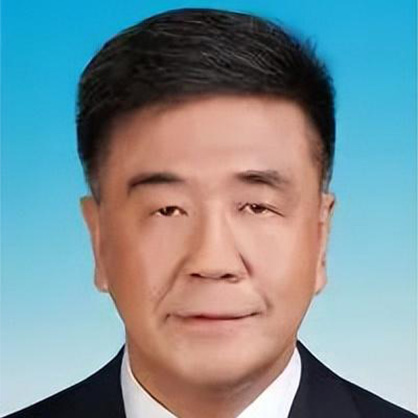
Wang Chengwen
Chief Commissioner of Supervision; Member of CPC Leading Group of Ministry of Education, China
-
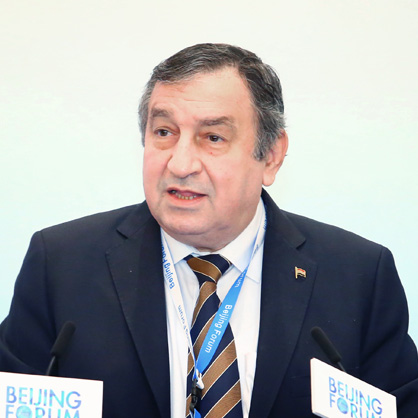
Essam Sharaf
Former Prime Minister of Egypt
-
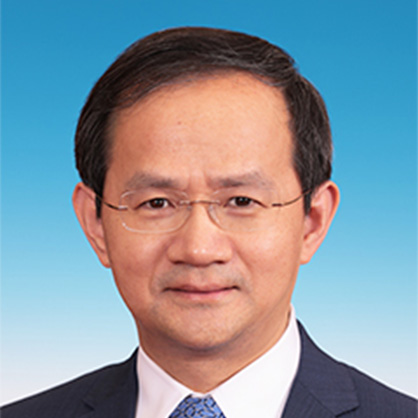
Yin Yong
Deputy Secretary of the CPC Beijing Municipal Committee, Mayor of Beijing
-
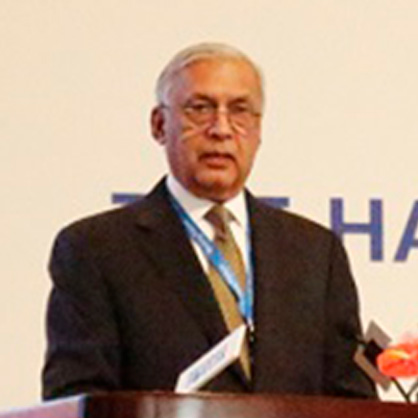
Shaukat Aziz
Former Prime Minister of Pakistan
-
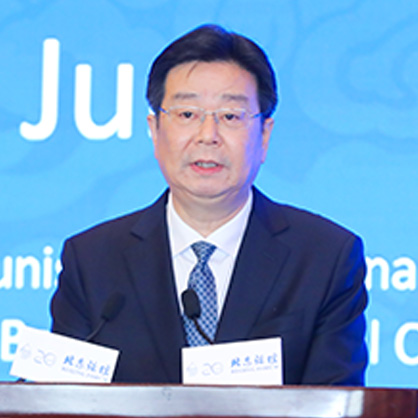
You Jun
Deputy Secretary of the CPC Beijing Municipal Committee
-
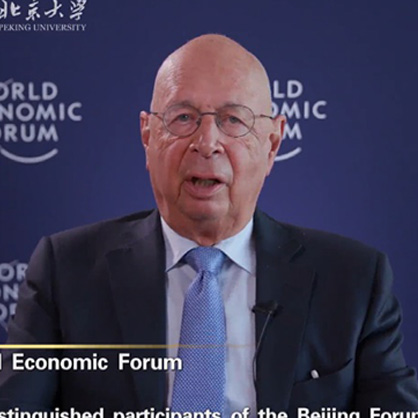
Klaus Schwab
Founder of the World Economic Forum
-
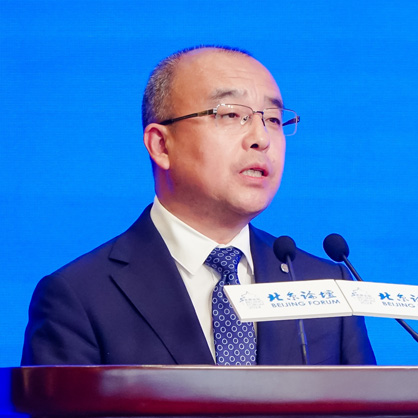
Yu Yingjie
Member of the Standing Committee of the CPC Beijing Municipal Committee, Secretary of the Educational Work Committee of the CPC Beijing Municipal Committee
-
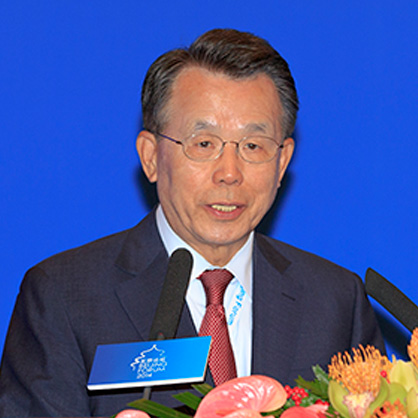
Han Seung-soo
Former Prime Minister of Republic of Korea
-
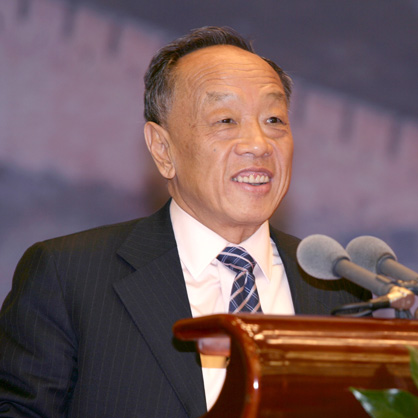
Li Zhaoxing
Former Foreign Minister, China
-

Pascal Lamy
Former Director-General, World Trade Organization
-
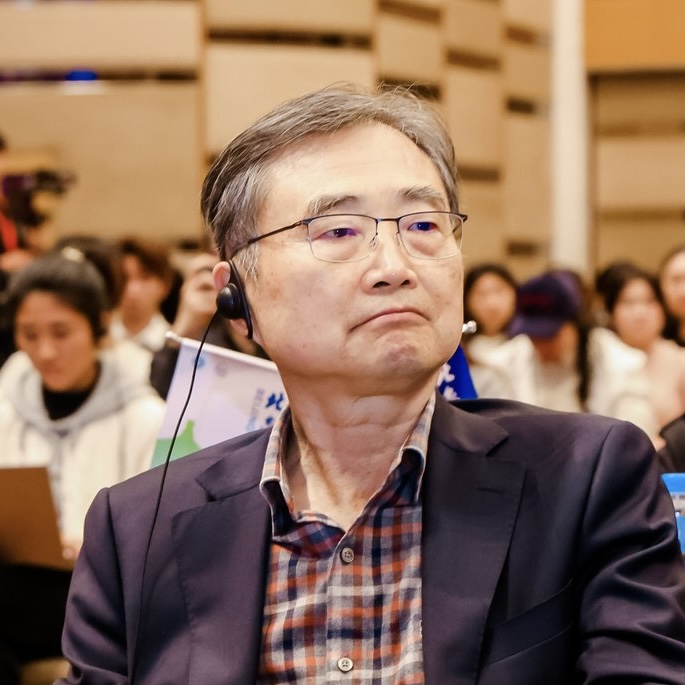
Cho Hyun
Minister of Foreign Affairs, Republic of Korea
-
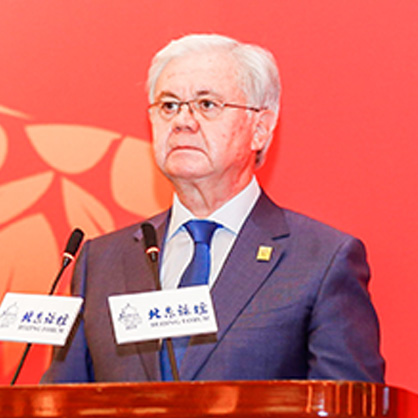
Rashid Alimov
Former Secretary-General of Shanghai Coorperation Organization, Former Minister of Foreign Affairs, Tajikistan
-
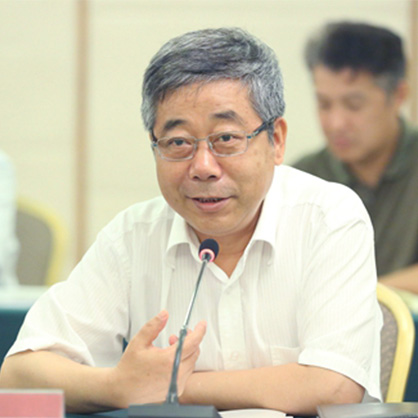
Chen Baosheng
Former Minister of Education, China
-
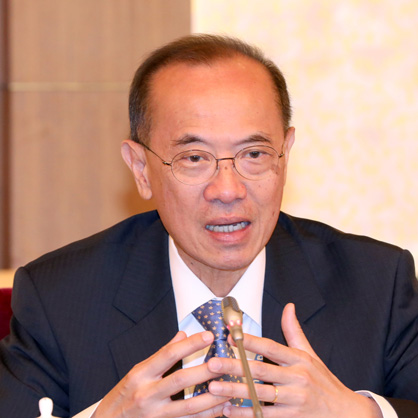
George Yong-Boon Yeo
Former Minister of Foreign Affairs, Republic of Singapore Vice Chairman, Kuok Group
-
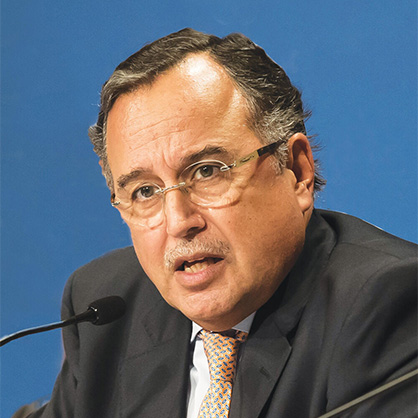
Nabil Fahmy
Former Minister of Foreign Affairs, Egypt
-
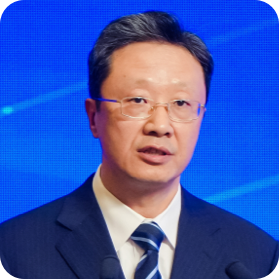
Xu Qingsen
Member of the CPC Leading Group of the Ministry of Education, Vice Minister of Education
-
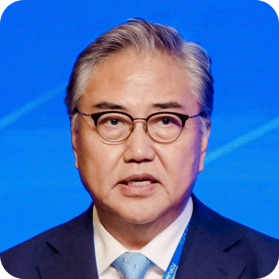
Park Jin
Former Minister of Foreign Affairs, Republic of Korea; Member of the 16th, 17th, 18th, and 21st National Assembly, Republic of Korea
-
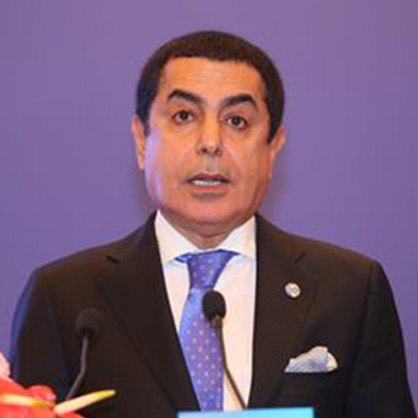
Nassir Abdulaziz AL Nasser
Former President of the United Nations General Assembly
-
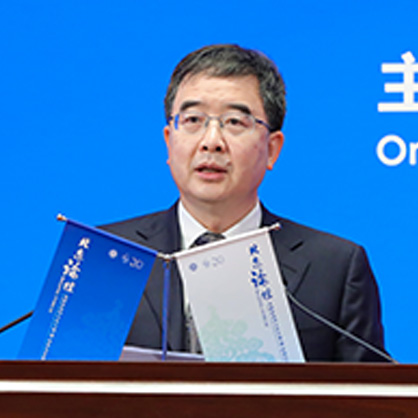
Li Yi
Duputy Secretary of the Educational Work Committee of the CPC Beijing Municipal Committee, Director General of Beijing Municipal Education Commission
-
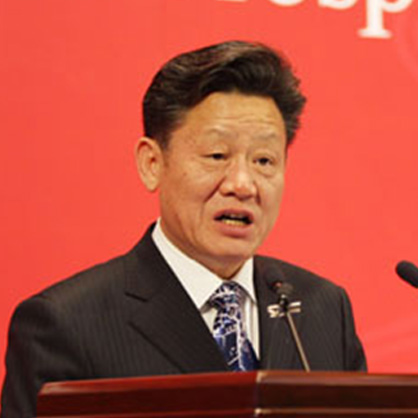
Sha Zukang
Former Deputy Secretary-General of the United Nations
-
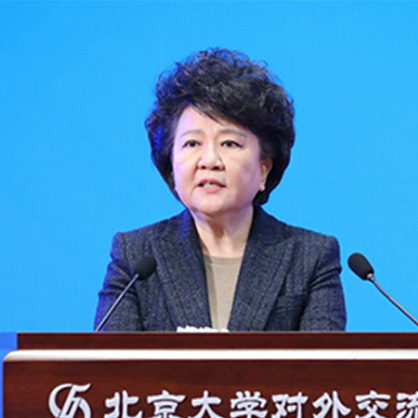
Qiu Yuanping
Deputy director of the 13th Committee for Liaison with Hong Kong, Macao, Taiwan and Overseas Chinese
-
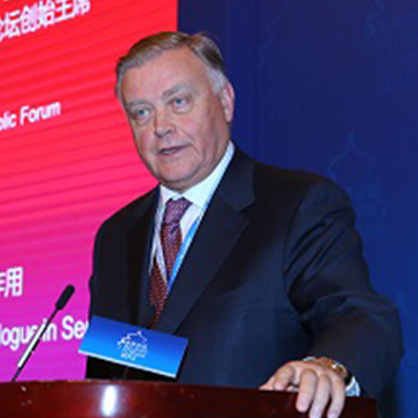
Vladimir Yakunin
Founding President of the World Public Forum ‘Dialogue of Civilizations’
-
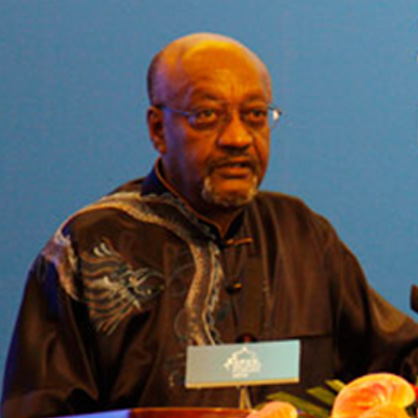
Getachew Engida
Former Deputy Director-General of the United Nations Educational, Scientific and Cultural Organization
-
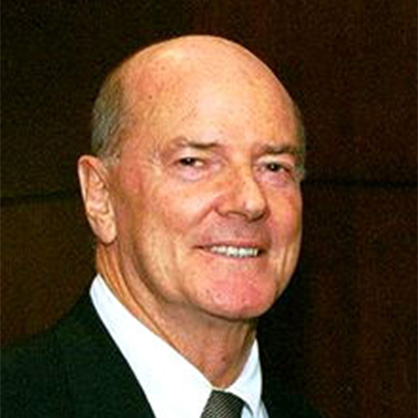
Richard Kevan Gosper
Former Vice President of the International Olympic Committee
-
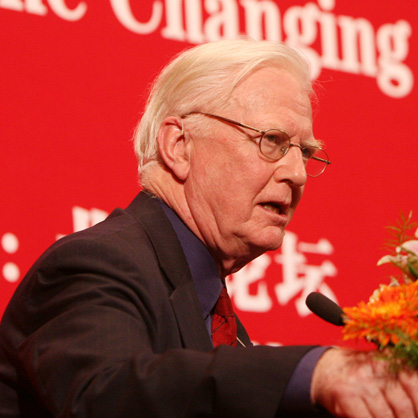
James Alexander Mirrlees
Nobel Memorial Prize Laureate in Economic Sciences, 1996
-
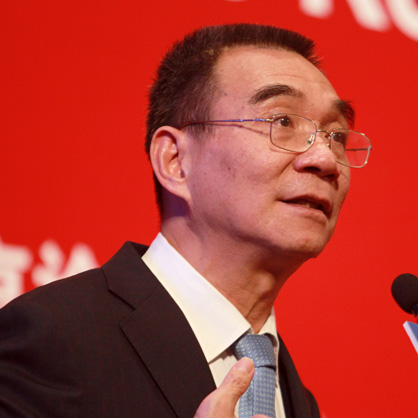
Justin Lin Yifu
Dean, Institute of New Structural Economics, Peking University; Former Senior Vice President and Chief Economist, World Bank
-
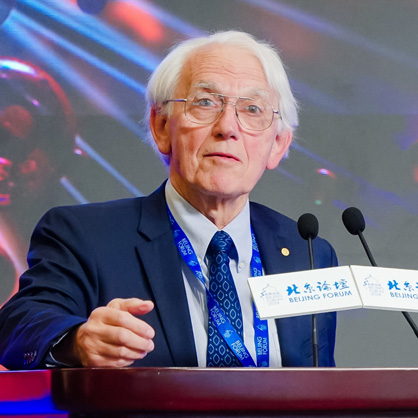
Gérard Albert Mourou
Nobel Laureate in Physics, 2018; Chair Professor, Peking University; Foreign Member, Chinese Academy of Sciences
-
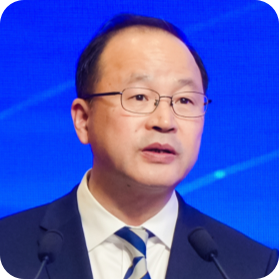
He Guangcai
Party secretary, the CPC Committee of Peking University; Chair, Peking University Council
-
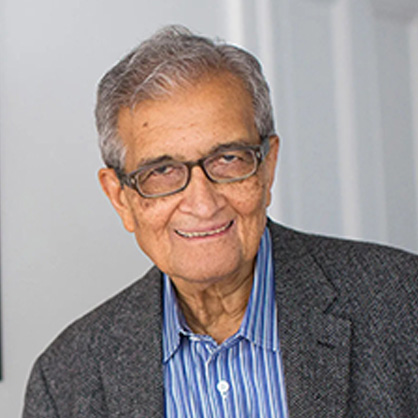
Amartya Kumar Sen
Nobel Memorial Prize Laureate in Economic Sciences, 1998
-
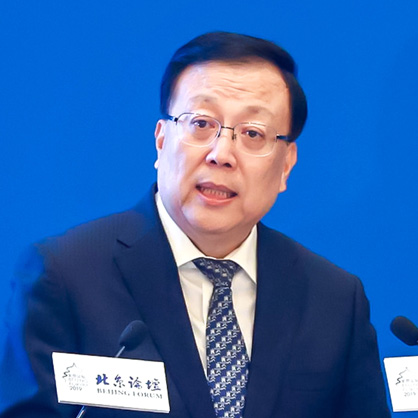
Hao Ping
Member of the 14th National People’s Congress Standing Committee, Executive Vice-President of the International Confucian Association
-
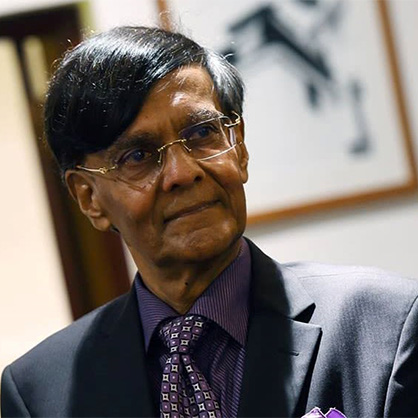
Mohan Munasinghe
Nobel Peace Prize Laureate, 2007; Former Vice Chair, Intergovernmental Panel on Climate Change (IPCC)
-
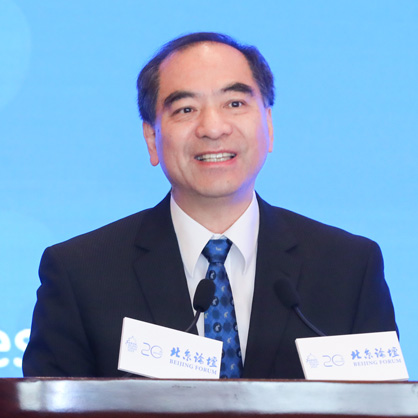
Gong Qihuang
President, Peking University; Academician, Chinese Academy of Sciences
-
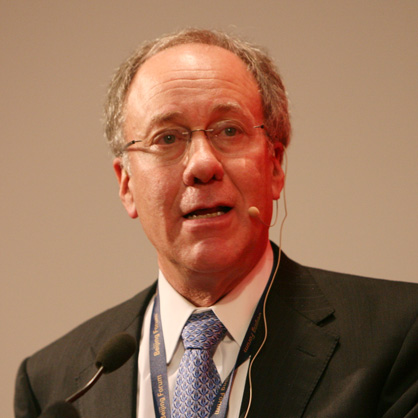
Roger Bruce Myerson
Nobel Memorial Prize Laureate in Economic Sciences, 2007
-
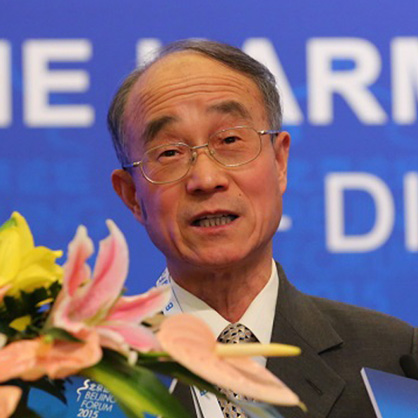
Qian Chengdan
Boya Chair Professor, Peking University; Former Dean, Institute of Area Studies, Peking University
-
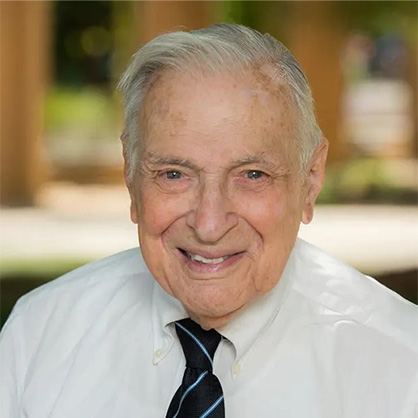
Kenneth Joseph Arrow
Nobel Memorial Prize Laureate in Economic Sciences, 1972
-
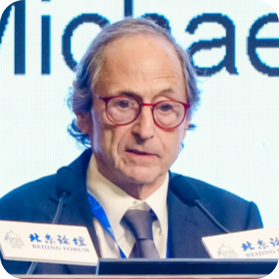
Michael Levitt
Nobel Laureate in Chemistry 2013; Professor, Stanford University
-
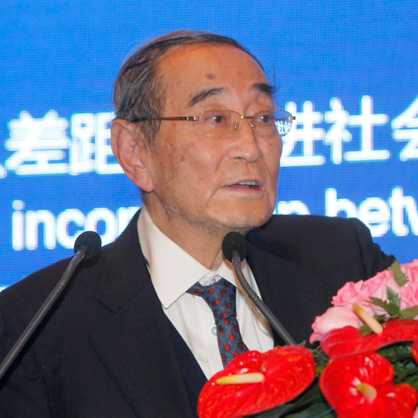
Li Yining
Former Dean and Professor, Guanghua School of Management, Peking University
-
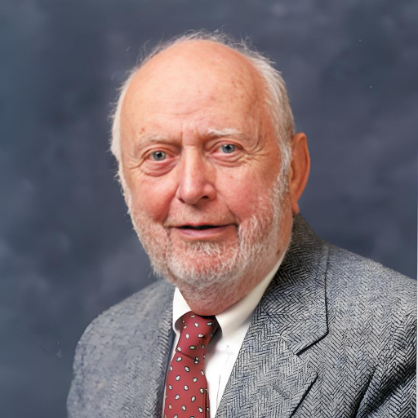
Douglass Cecil North
Nobel Memorial Prize Laureate in Economic Sciences, 1993
-
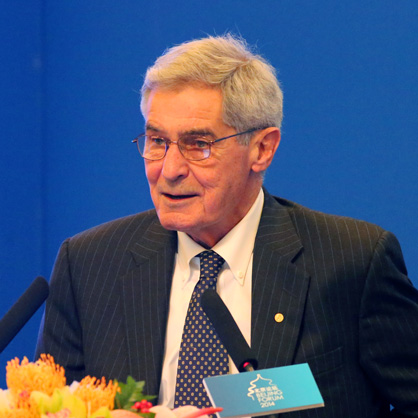
Robert E. Lucas
Nobel Memorial Prize Laureate in Economic Sciences, 1995
-
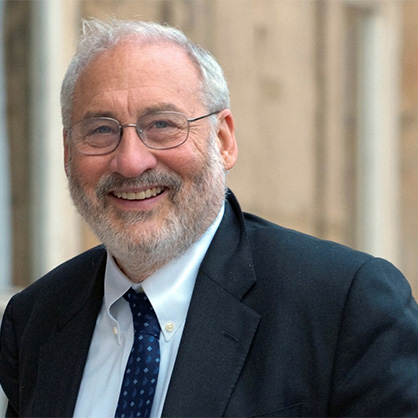
Joseph Eugene Stiglitz
Nobel Memorial Prize Laureate in Economic Sciences, 2001
-

Deng Xiaonan
Professor, Department of History, Peking University
-
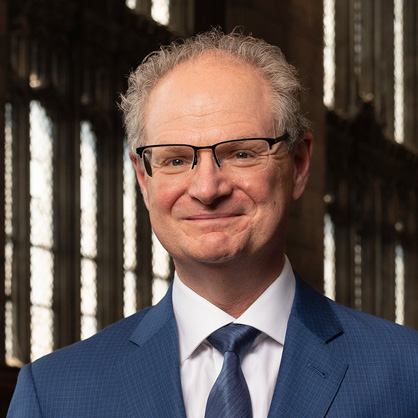
Paul Alivisatos
President, University of Chicago
-
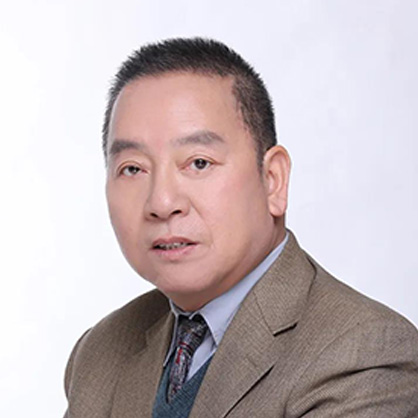
Ping Xinqiao
Professor, School of Economics, Peking University
-
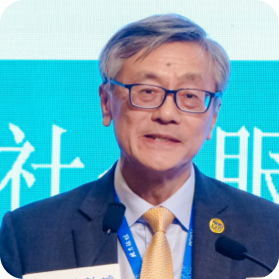
Tan Eng Chye
President, National University of Singapore
-
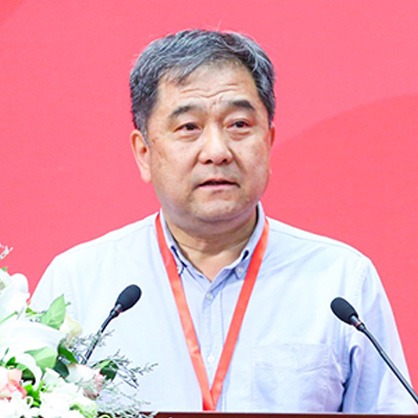
Qin Dashu
Professor, School of Archaeology and Museology, Peking University
-
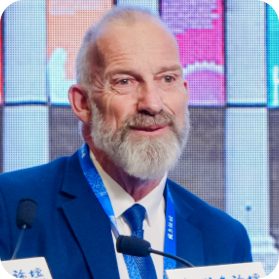
Michael Spence
President and Provost, University College London
-
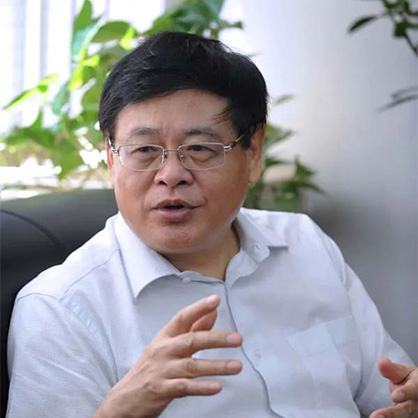
Wang Jisi
Professor, School of International Studies, Peking University
-
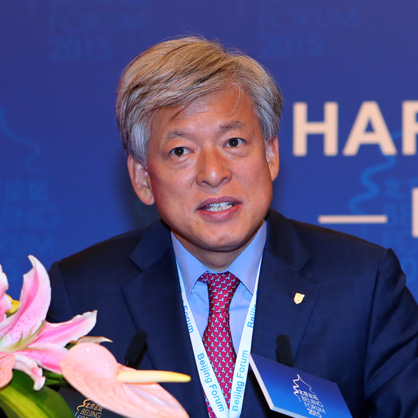
Yeom Jaeho
President, Taejae University
-
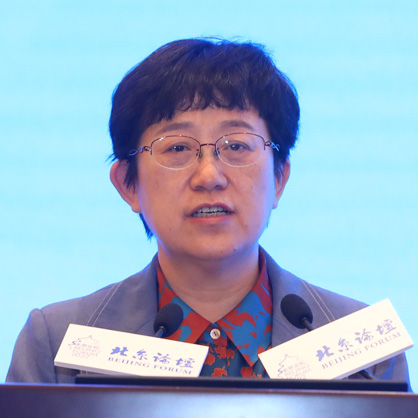
Qiao Jie
Executive Vice President, Peking University; Academician, Chinese Academy of Engineering
-

Peter Høj
Vice-Chancellor and President, University of Adelaide
-
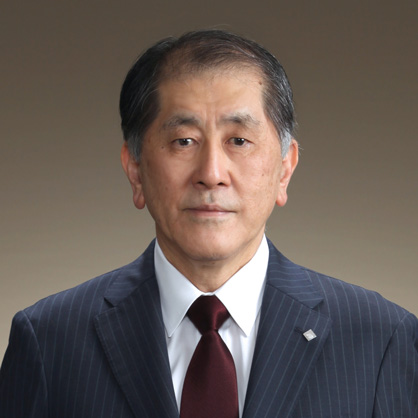
Aiji Tanaka
President, Waseda University
-

Ning Qi
Vice Chair, Peking University Council; Vice President, Peking University
-
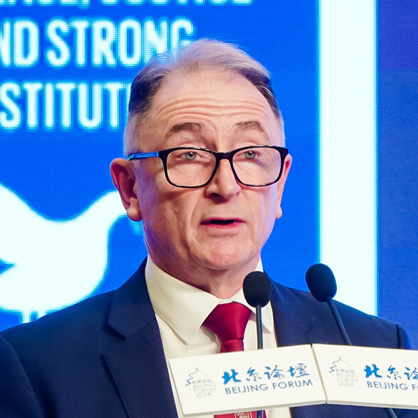
Jim McDonald
Principal and Vice-Chancellor, University of Strathclyde; Former President, UK Royal Academy of Engineering (RAEng); Foreign Member, Chinese Academy of Sciences
-
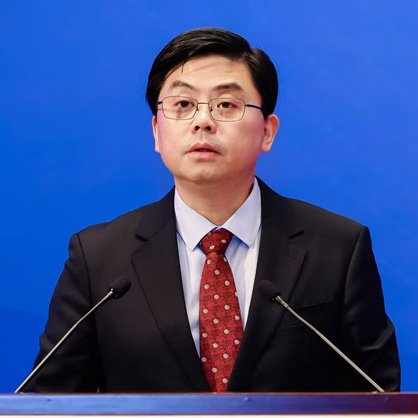
Fang Fang
Vice President and Boya Distinguished Professor, Peking University
-
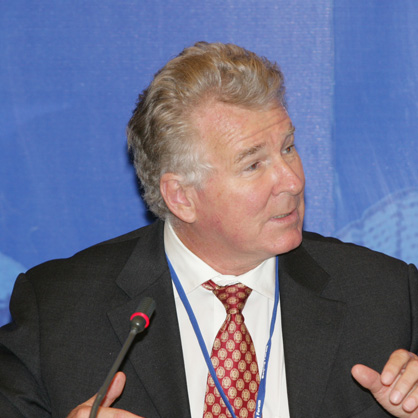
Roger T. Ames
Vice-Council Chair, International Confucian Association; Humanities Chair Professor, Peking University
-
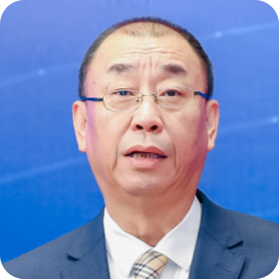
Jiang Guohua
Deputy Party Secretary, CPC Committee of Peking University; Vice Chair, Peking University Council
-
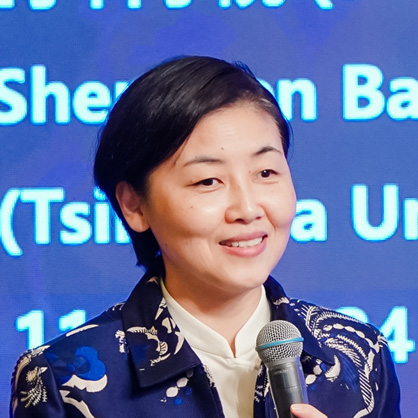
Yan Nieng
Founding President, Shenzhen Medical Academy of Research and Translation; Director, Shenzhen Bay Laboratory; University Professor, Tsinghua University; Academician, Chinese Academy of Sciences
-
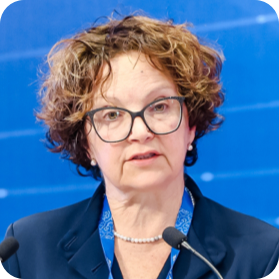
Tiziana Lippiello
Rector, Ca’ Foscari University of Venice
-
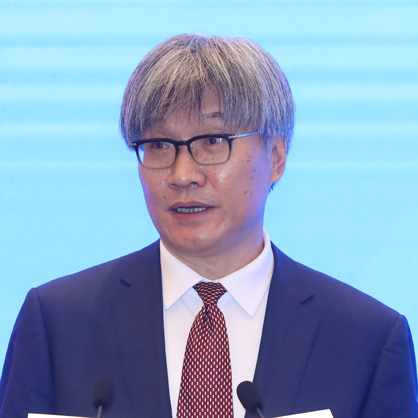
Wang Bo
Provost, Peking University; Vice Chair, Peking University Council
-
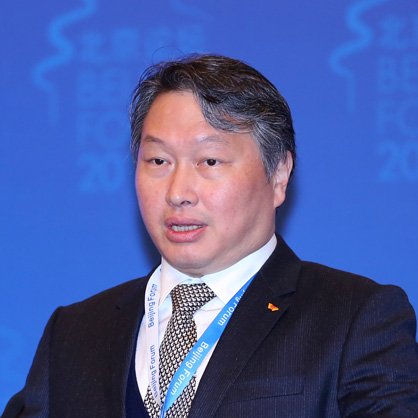
Chey Tae-won
Chairman, SK Group
-
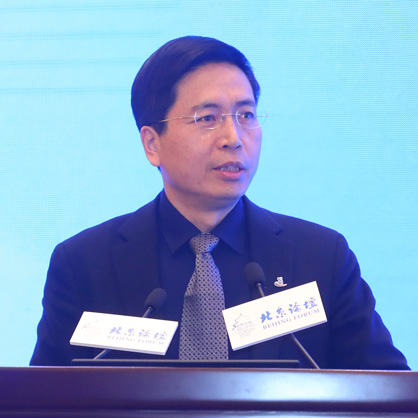
Zhu Songchun
Chair Professor, Peking University; Dean, School of Intelligence Science and Technology, Peking University; Dean, Institute for Artificial Intelligence, Peking University
-
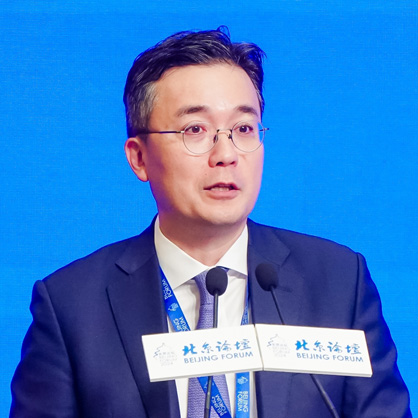
Kim Yoosuk
President, Chey Institute for Advanced Studies
-
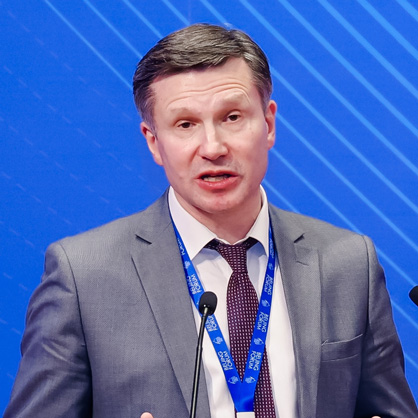
Andrei Karol
President, Belarusian State University
-
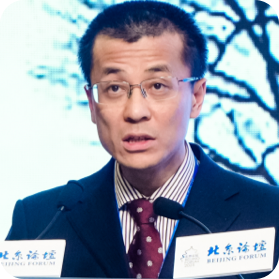
Cheng Lesong
Boya Distinguished Professor, Peking University; Chair, Department of Philosophy and Religious Studies, Peking University
-
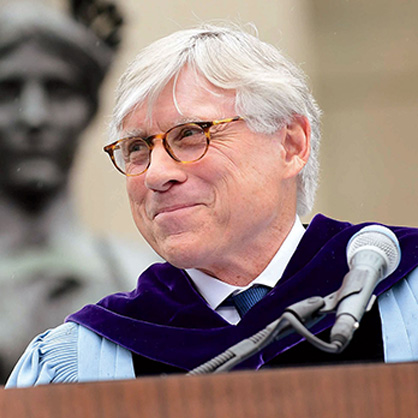
Lee C. Bollinger
President Emeritus and Seth Low Professor, Columbia University
-
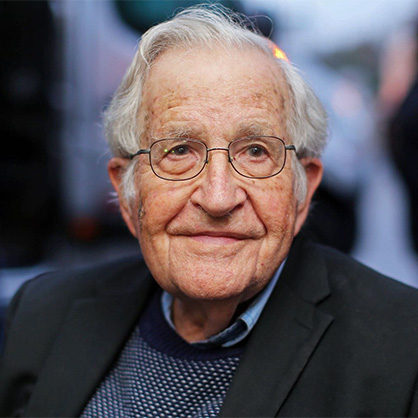
Avram Noam Chomsky
Professor, MIT; Member of the American Academy of Arts and Sciences; Member of the National Academy of Sciences of America
-

Teruo Fujii
President, University of Tokyo
-
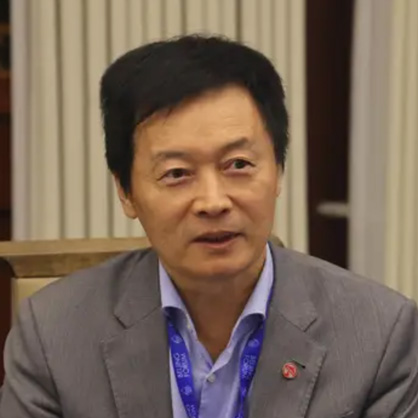
S. Joe Qin
President, Lingnan University
-
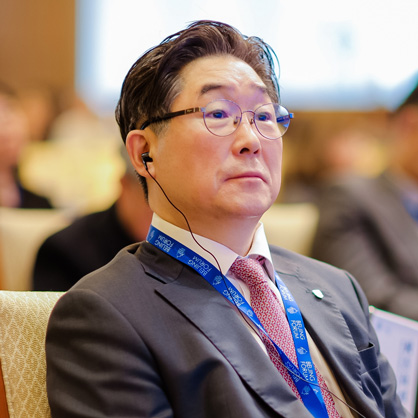
Kim Dong-One
President, Korea University
-

Hoang Minh Son
Chairman, Vietnam National University, Hanoi (VNU) Council; President of VNU
-

Zhang Pingwen
President, Wuhan University; Academician, Chinese Academy of Sciences
-
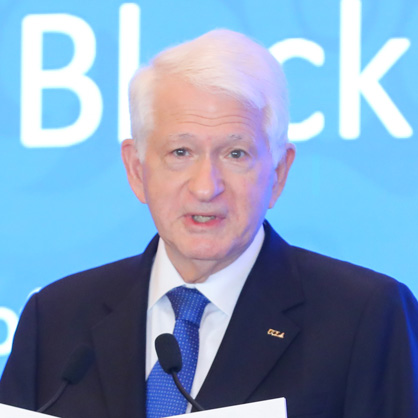
Gene Block
Former Chancellor, University of California, Los Angeles
-

Lily Kong
President, Singapore Management University
-
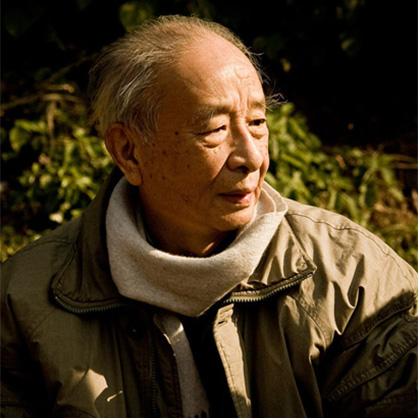
Tang Yijie
Professor of Philosophy at Peking University; Confucianist
-
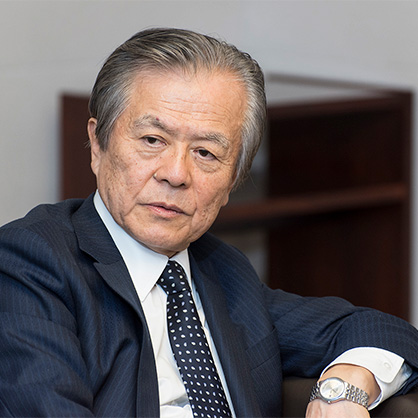
Hiroshi Komiyama
Former President, University of Tokyo; Member of the Global Commission on Science Missions for Sustainability
-
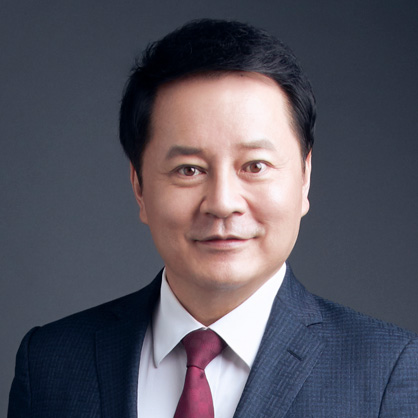
Xiaoliang Sunney Xie
Lee Shau-kee Professor, Peking University; Dean, Faculty of Sciences, Peking University; Academician, Chinese Academy of Sciences
-
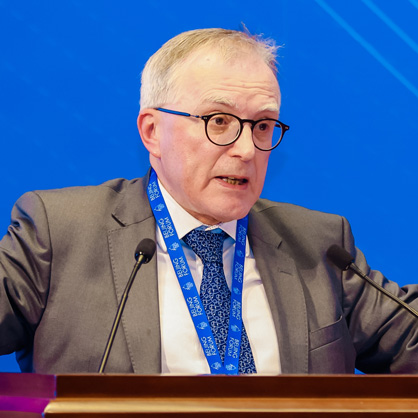
Dominique Barjot
Permanent Secretary, French Academy of Overseas Sciences
-
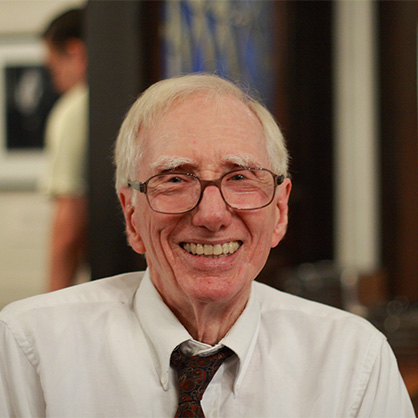
Robert Neelly Bellah
Recipient of the United States National Humanities Medal; Elliott Professor of Sociology Emeritus at the University of California at Berkeley
-
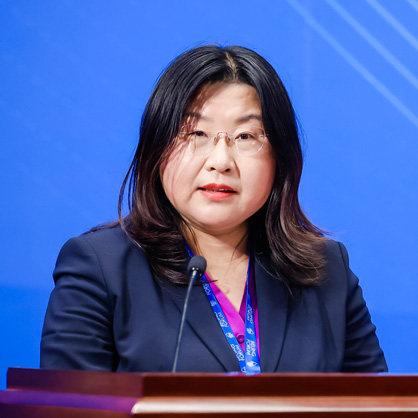
Duan Huiling
Boya Chair Professor, Peking University; Dean, School of Engineering, Peking University; Academician, Chinese Academy of Sciences
-
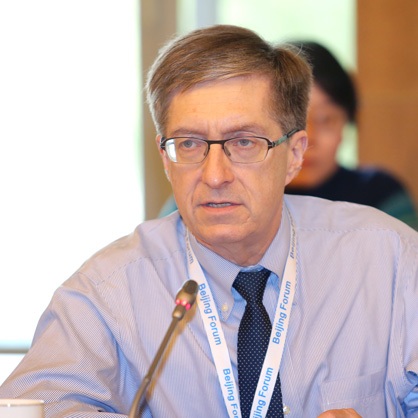
Jeffrey Lehman
Vice Chancellor, NYU Shanghai; Former President, Cornell University
-
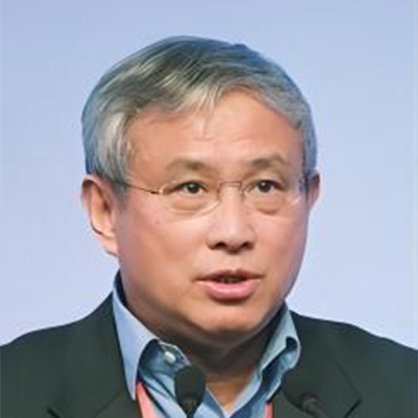
Zhou Qiren
Boya Chair Professor, Peking University
-
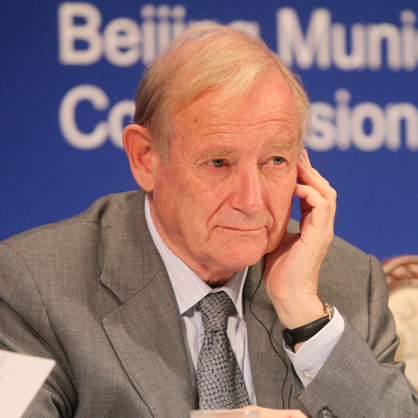
Sir Colin Renshaw Lucas
Former Vice Chancellor, University of Oxford; Former Chair, Board of the British Library
-
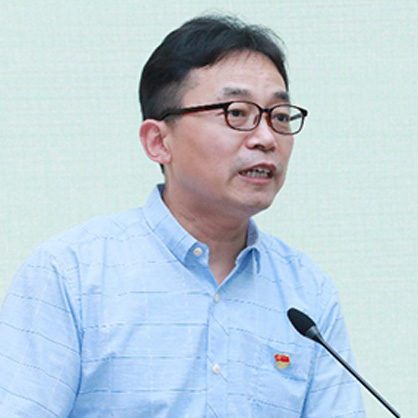
Chu Xiaobo
Director, Office of Humanities and Social Sciences, Peking University; Professor, School of International Studies, Peking University
-
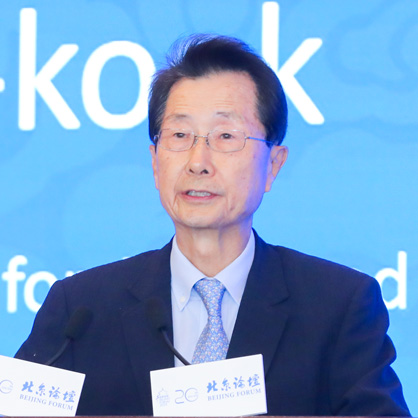
Park In-kook
Former President, Chey Institute for Advanced Studies, Former Permanent Representative of the Republic of Korea to the United Nations
-
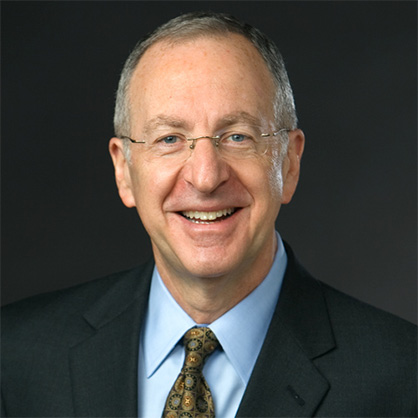
David Jan Skorton
President and CEO, Association of American Medical Colleges (AAMC); Former President, Cornell University
-
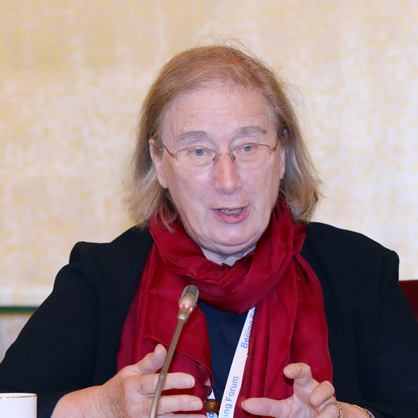
Jessica Rawson
Former Pro-Vice Chancellor, Oxford University; Former Dean, Merton College, Oxford University
-
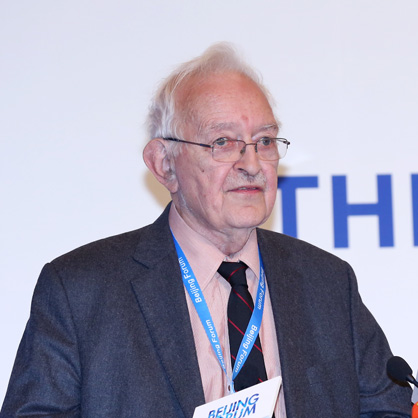
Immanuel Wallerstein
Founder of the "World-Systems” Theory; Senior Research Scholar in Sociology, Yale University
-
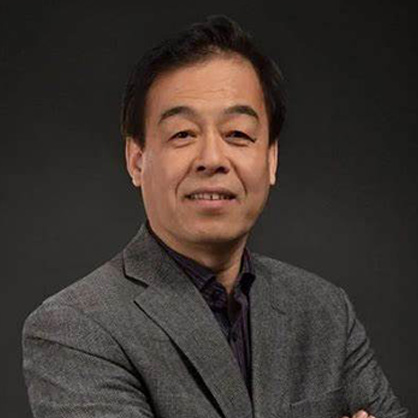
Fu Zhiming
Vice-Dean and Professor, School of Foreign Languages, Peking University
-
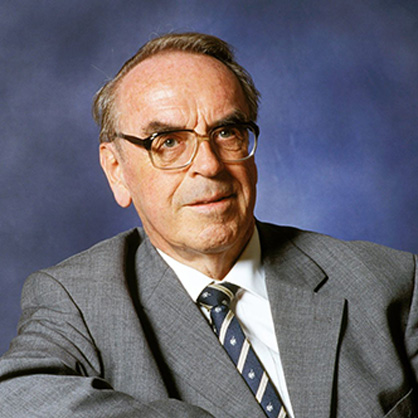
Jürgen Moltmann
Professor Emeritus of Systematic Theology, University of Tübingen
-
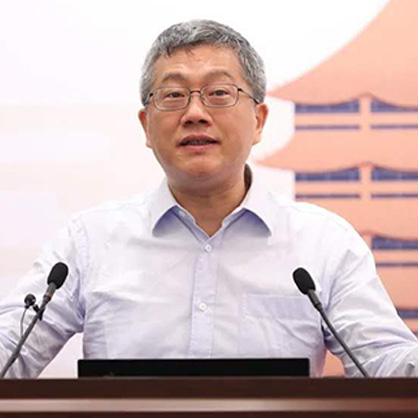
Li Meng
Dean, Yuanpei College, Peking University; Professor, Department of Philosophy, Peking University
-
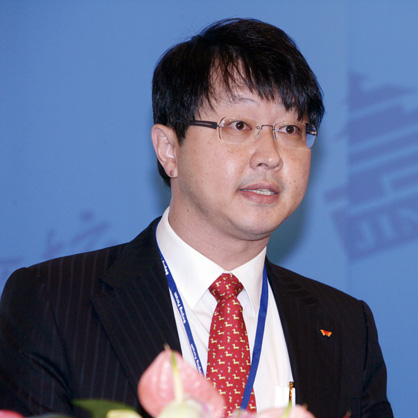
Chey Jae-won
Vice Chairman, SK Group
-
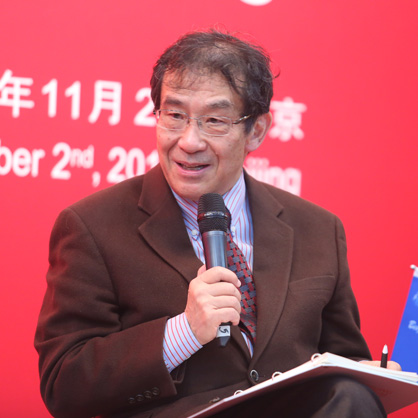
Tu Weiming
Dean, Institute for Advanced Humanistic Studies, Peking University; Research Professor, Harvard University; Fellow of the American Academy of Arts and Sciences
-
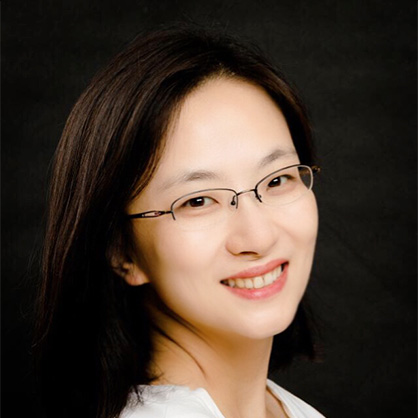
Li Yun
Director, Office of International Relations, Peking University; Deputy Director, Institute of Area Studies, Peking University
-
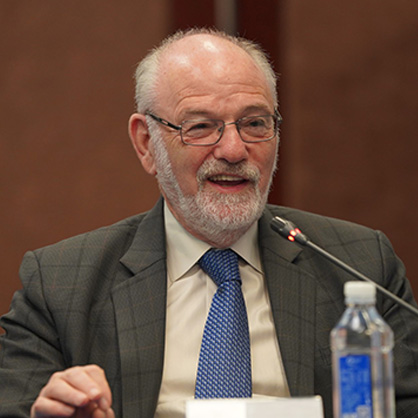
Wendell Wallach
Carnegie-Uehiro Fellow, Artificial Intelligence & Equality Initiative (AIEI); Chair, Yale Interdisciplinary Center for Bioethics
-
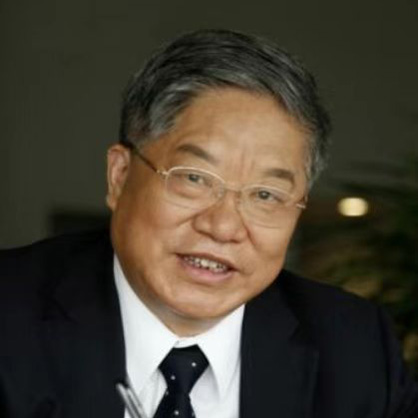
Cheng Yuzhui
Professor, Department of Chinese Language and Literature, Peking University
-
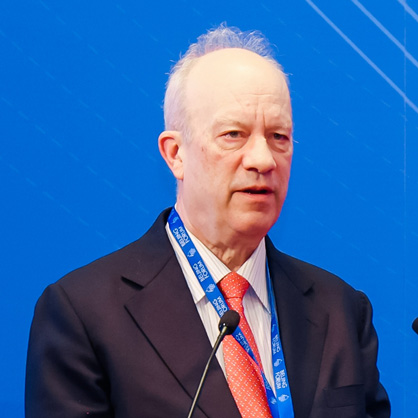
Robert L. Chard
Guest Chair Professor, Department of History, Peking University; Emeritus Professor of Chinese Classics, University of Oxford
SELECTED KEYNOTE REPORTS
SEE ALL- 2023
-
Higher Education in the Age of Great Transformations
Teruo FujiiPresident, University of Tokyo

-
Thoughts on the Importance of International Academic Exchange
Mark C. ElliottVice Provost for International Affairs, Mark Schwartz Professor of Chinese and Inner Asian History, Harvard University

-
The Power of Collaboration and Cooperation in a Digital World
Gene D. BlockFormer Chancellor, University of California, Los Angeles

PERSPECTIVES
-
Professor Tang Yijie, renowned Chinese contemporary philosopher
Only when the intrinsic essence of a home culture has been truly developed can it better absorb foreign culture to enhance one’s home culture. As we integrate the external culture we must safeguard the foundation of our own. As such the culture that impacts the social advancement of mankind but must be the kind that’s ethnical and global at the same time.
-
Dr. Amartya Kumar Sen, Nobel Laureate in Economics (1998)
Civilizations around the world are widely connected and closely intertwined The need for recollecting and celebrating the richness of the vast interdependences within our far-flung global civilization has never been stronger.
-
Prof. Klaus Schwab, Founder and Executive Chairman World Economic Forum
Beijing Forum has played an important role in promoting international exchanges and cooperation gathering the collaborative efforts of all stakeholders of global societies to address global challenges and in particular highlighting the important role of universities. Universities should have new ideas and new concepts; in this way they can substantially contribute to the progress of society.
-
Stephen Toope, then-President, University of Cambridge
“No man is an island.” What is true about people is also true about global universities. Finding solutions to the world’s shared challenges will depend on our institutions’ ability to harness the power of our partnerships. These partnerships help us reiterate our mission: to serve and challenge our societies.
-
Chey Tae-Won, Chairman, the SK Group, Korea
Over the past thousands of years humanity has accumulated various wisdom and experiences. We need to use these experiences as those who are successful are all capable of dealing with change. However in this process we must not rely solely on tradition and we must continuously adapt to new situations in order to cultivate new traditions. Starting from the Beijing Forum we must create a brand new world.
-
Hao Ping, Member of the 14th National People’s Congress Standing Committee
As an important bridge for cultural exchange and scientific research cooperation, universities must establish a sense of a community with a shared future for mankind, have a broad international vision and a more open and tolerant attitude, and possess a larger framework for forming an international academic community. Through scientific and cultural exchanges and frequent contacts among individuals in those fields we can deepen mutual trust collaboration and sharing between different countries and regions to build more solid bonds among us which will provide an inexhaustible motivating force for improving the global governance system.
-
Gong Qihuang, President, Peking University
Universities should continue to expand the opening of education to the outside world and serve as a bridge between civilizations; universities should improve the system for international collaborative innovation and pool the wisdom of all parties to work together to overcome common problems faced by mankind; universities should seize the new opportunities provided by the digital intelligence era and cultivate top innovative talents who have the potential for global leadership.
Introduction video
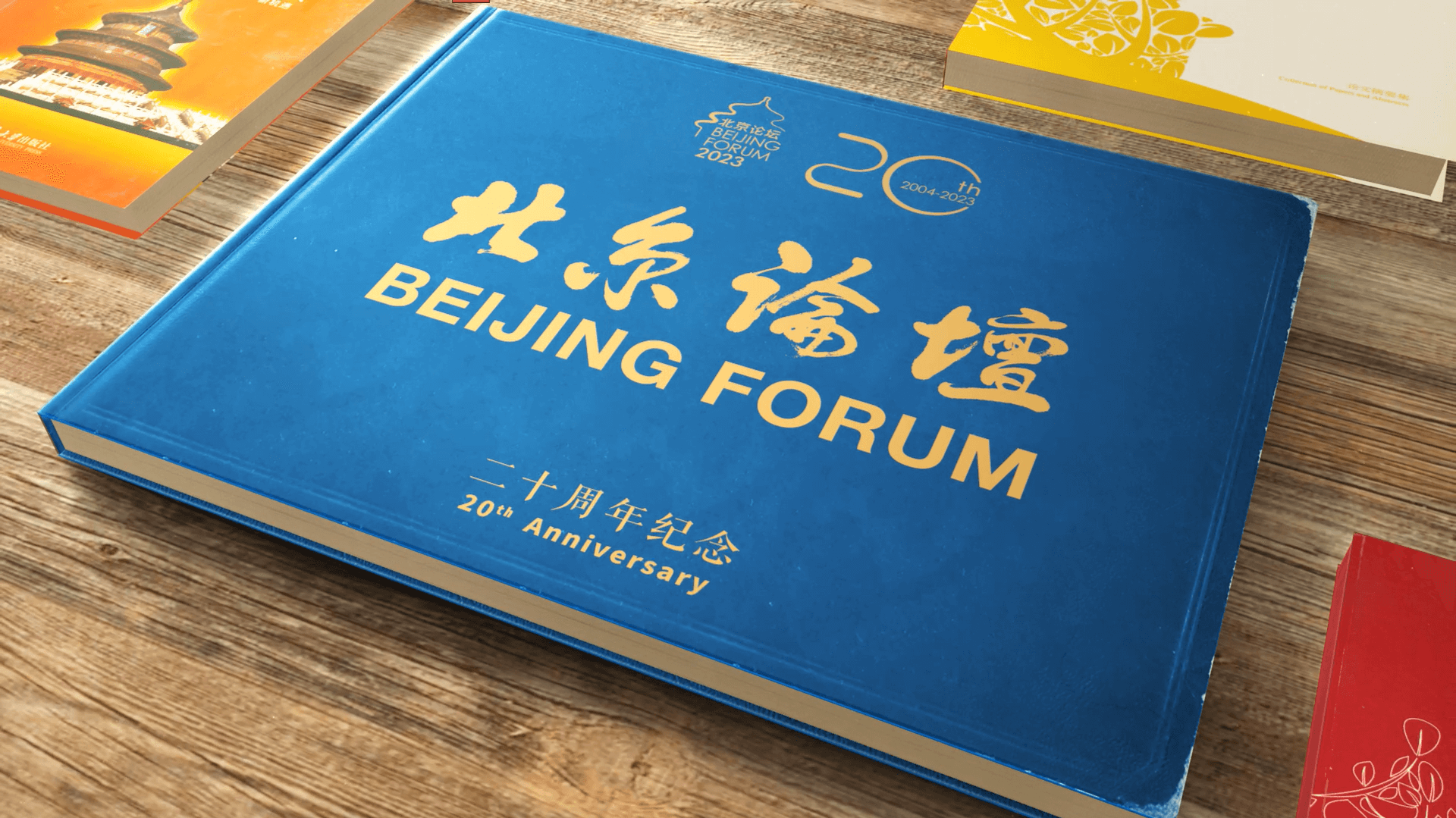
The Beijing Forum, with the overarching theme of “The Harmony of Civilizations and Prosperity for All” leverages Beijing\'s rich cultural heritage to advance research on global humanities and social sciences issues. It is dedicated to promoting worldwide academic development and social progress, contributing to the development of all humanity. The forum believes that the convergence of different civilizations in a peaceful environment has always been a driving force and fundamental guarantee for the progress of human society. Established in 2004, the Beijing Forum is held annually. To date, it has attracted over 7,000 political leaders and renowned scholars from more than 80 countries and regions worldwide to this academic gathering.

